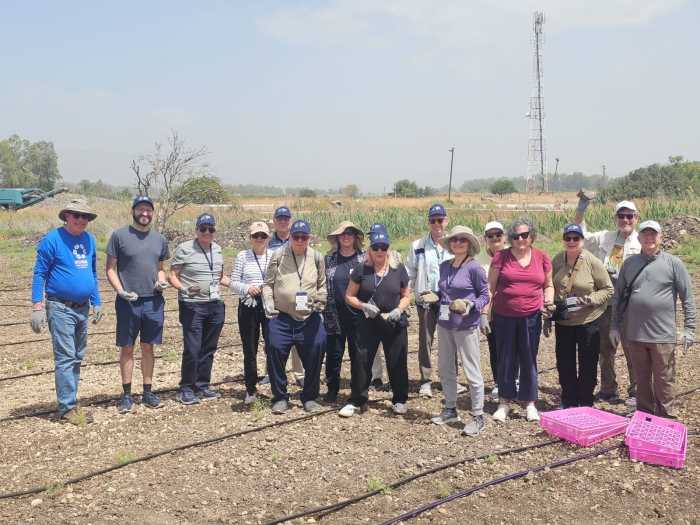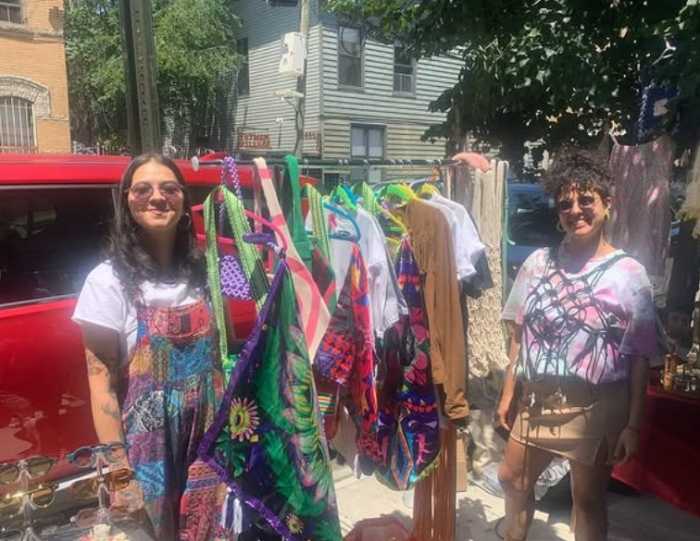By Sadef Ali Kully
As former state Assemblyman William Scarborough’s seat comes up for election in November, Cynthia Jenkins— who lost her seat to him in 1994—was honored at a renaming ceremony of the Springfield Gardens post office on Merrick Boulevard.
Jenkins, a community trailblazer, was the first black woman to be elected to Assembly District 29—which covers Hollis, Jamaica, St. Albans, Laurelton and Rosedale. She served in the state Assembly from 1983 to 1994. The seat recently became open when Scarborough resigned in May after pleading guilty to state and federal corruption charges.
Jenkins was not only the first African American woman to head to Albany to represent Queens in the lower house, according to her son, the Rev. Joe Jenkins, who led the invocation that paid tribute to her dedication and service.
Nashville-born Jenkins worked in Queens as a librarian, community activist and an advocate for the civil rights movement for over 20 years before heading to Albany.
“If you know anything about Cynthia Jenkins it is that she was in community day or night. She was about stirring the pot,” U.S. Rep. Gregory Meeks (D-Jamaica) said.
The Concerned Citizens of Laurelton pushed for sponsorship from Meeks, U.S Sens. Chuck Schumer (D-New York) and Kirsten Gillibrand (D-New York) on the bill that would rename the U.S. Post Office branch and passed last year.
As a community leader and librarian, she fought for public libraries and created programs for literacy, help the elderly, war veterans and create jobs.
Her political rivals, such as Archie Spigner and Scarborough, remember her as spirited but both said they had an immense amount of respect for Jenkins.
“She set her own path and she certainly spoke her mind,” Scarborough said.
Her son watched his mother fight for community benefits and stood beside her throughout her almost 35 years of public service.
Jenkins said when his mother was a librarian, she figured out the map which showed that the county was gerrymandering the black vote in southeast Queens. She contended that if the county redrew the line, then there would be three Assembly seats, one congressional seat and two state Senate seats.
“She fought the county and it went to the Supreme Court. It was ruled unconstitutional the way the lines were drawn. They redrew the lines,” Jenkins said. “It was hard for her because she was a woman, because she was black—she went against the status quo.”
Jenkin’s stylist, Veronica Ballan, who owned a dress shop for 25 years on Merrick Boulevard, said Jenkins lifted the southeast Queens community.
“She was a go-getter, she was steadfast, and she knew what the community wanted and needed,” Ballan said. “ She did not take no for an answer. Many of us see things and want to change things—that was not enough for Cynthia—she would do something about it.”
Reach Reporter Sadef Ali Kully by e-mail at skull



































